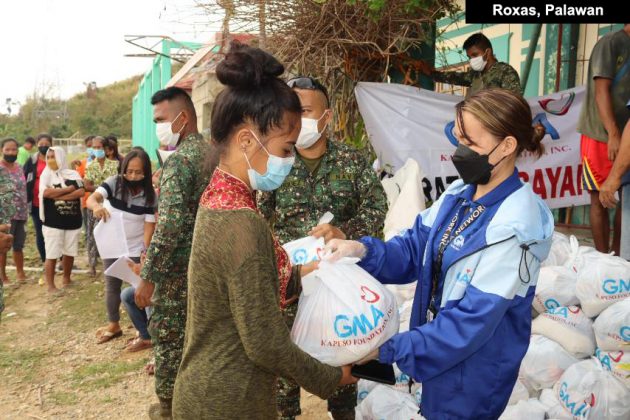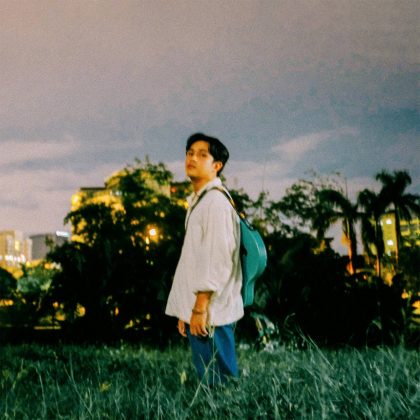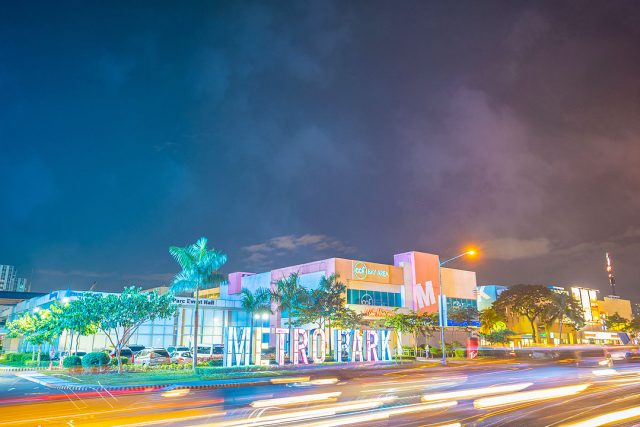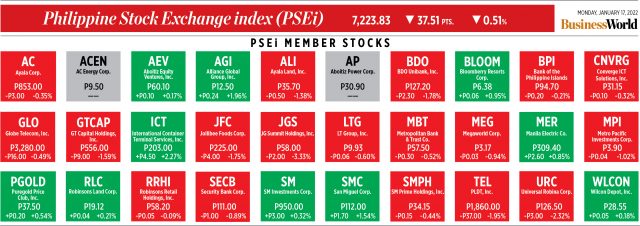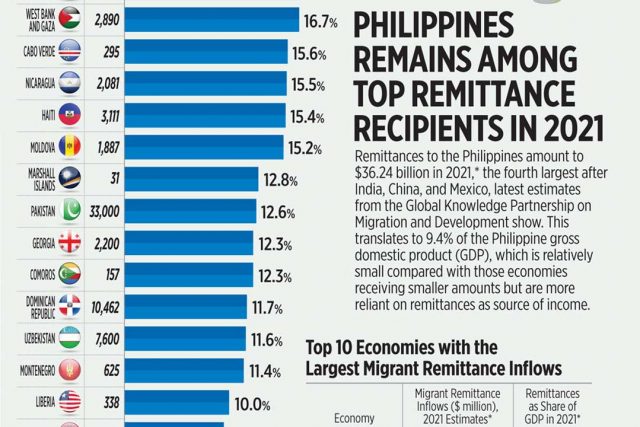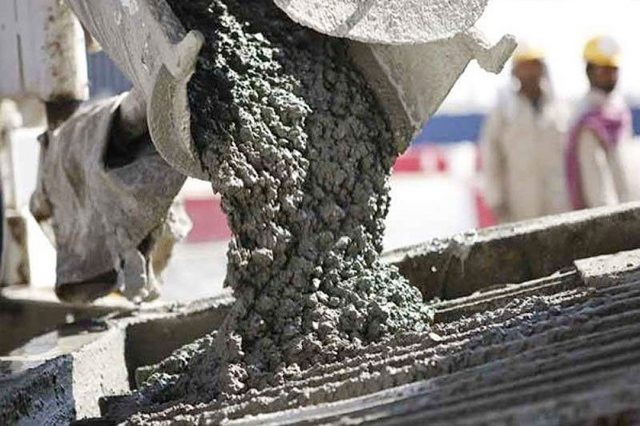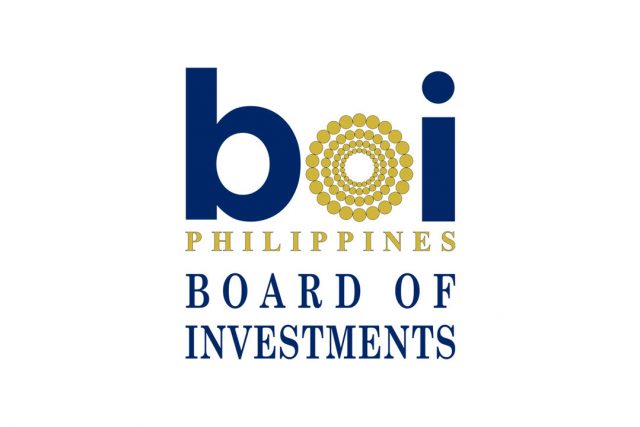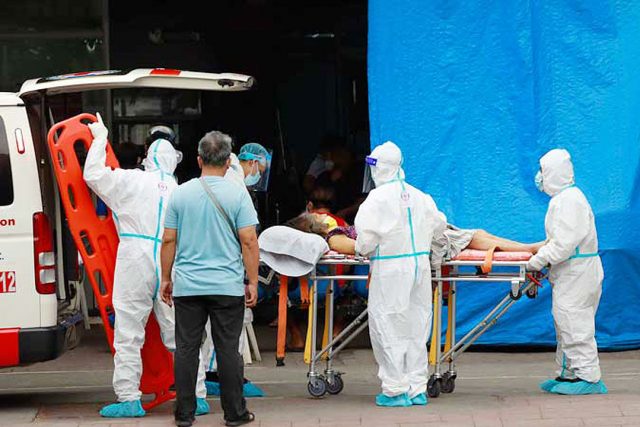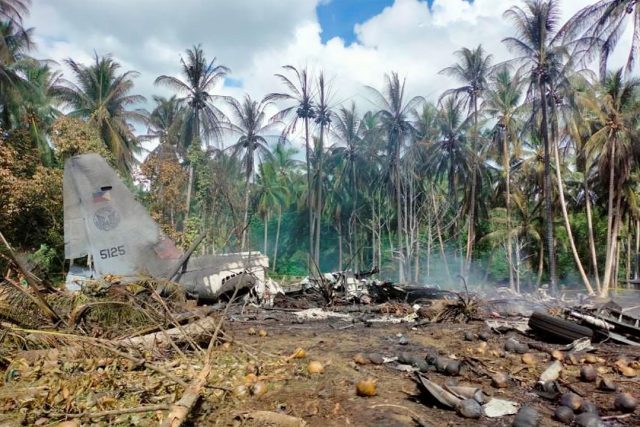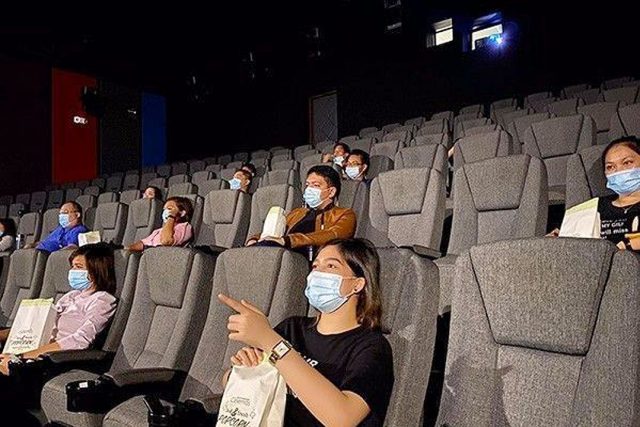Entertainment News (01/18/22)
ABS-CBN seals partnership with Viu
ABS-CBN Entertainment and pan-regional over-the-top (OTT) video streaming service Viu have forged a content partnership to bring entertainment shows to Filipino viewers. The collaboration accelerates ABS-CBN’s vision to reach a bigger audience and promote Filipino talent worldwide as it evolves into a global content creator, and it strengthens Viu’s commitment to bringing premium Asian entertainment to its users. To kick off the partnership, ABS-CBN’s upcoming drama series The Broken Marriage Vow, the Philippine adaptation of the hit BBC series Doctor Foster, will be available on Viu in the Philippines on Jan. 22, 48 hours before its TV broadcast.
GMA Kapuso Foundation tackles Typhoon Odette
FROM providing COVID-related assistance to immediate relief efforts during calamities, GMA Network’s socio-civic arm GMA Kapuso Foundation (GMAKF) was able to deliver aid to thousands of affected families of super typhoon Odette in Visayas and Mindanao. Under it’s Operation Bayanihan disaster relief program, it pre-positioned its teams in key areas prior to the typhoon’s landfall in the country. The Foundation has so far conducted two waves of aid distribution in badly damaged areas of Southern Leyte, Surigao del Norte, Siargao Island, Cebu, and Negros Occidental. As of Jan. 6, 69,080 individuals were given food, Noche Buena packages, bottled water, and hygiene kits. A third wave of relief goods distribution to an estimated 43,000 individuals is ongoing in Bohol, Siargao Island in Surigao del Norte, and Limasawa Island in Southern Leyte. GMAKF continues to accept donations to help Odette victims. For details on how to donate, visit www.gmanetwork.com/kapusofoundation/donate. Donations may also sent through Cebuana Lhuillier or online via GCash, PayMaya, Globe Rewards (Globe Bridging Communities), Lazada, Metrobank Card, ZALORA, and Megamart PH.
Prima Donnas returns to GMA
THE SECOND season of Prima Donnas, the family drama tackling the story of Donna Marie, Donna Belle, and Donna Lyn is back on GMA’s afternoon primetime block. Prima Donnas Book 2 features an all-star cast: Jillian Ward as Donna Marie, Althea Ablan as Donna Belle, Sofia Pablo as Donna Lyn — now heiresses to the Claveria family and ready to showcase a different side to the beloved sisters. There will be recap episodes from Jan. 17 to 21, Mondays to Saturdays, after Eat Bulaga, before the new season starts airing on Jan. 24 on GMA Afternoon Prime.
Application to Full Circle Lab PHL now open
THE FILM Development Council of the Philippines and Tatino Films is open to applications for Full Circle Lab (FCL) Philippines, the capacity-building program for Filipino and Southeast Asian filmmakers. For the 2022 edition, FCL Philippines will consist of four labs that will directly benefit 15 projects and 11 talents. It will have 10 international mentors and industry advisors. The lab will take place onsite on April 26 to 30, with an online follow-up session in September. Interested parties may access the application form at https://bit.ly/FCLPH2022-ApplicationForm. Applications for the Fiction Lab, the Creative Producers Lab, and the Story Editing Lab will be accepted until Feb. 15. Meanwhile, applications for the First Cut Lab will be accepted until March 15. For complete application guidelines for Full Circle Lab Philippines, visit https://bit.ly/FCLPH2022-ApplicationGuidelines.
SB19 releases exclusive merchandise
FILIPINO pop group SB19 is welcoming 2022 with an exclusive merchandise line named after its record-breaking EP, Pagsibol. The official Pagsibol merchandise feature an assortment of designs referenced by the group’s songs, as well as their videos and artwork. The merchandise line has three main collections: the What? Collection, which includes an iron-on patch and enamel pin as inspired by the group’s first single; the MAPA Collection, which includes a bundled T-shirt and collectible photocard, handmade resin keychain, and an iron-on patch and enamel pin inspired by the anthem for parents and family; and the Pagsibol Collection, which includes a poster and a photobook. The SB19 photobook is full of inclusions for fans such as a collectible streaming plaque, an SB19 poster, a postcard, a sticker sheet, and a random member photocard included in each unique copy. For local online purchases, visit http://sb19pagsibol.officialcostore.com. For international purchases (ships worldwide), visit http://sb19pagsibol-int.officialcostore.com. For pick-up and in-store purchases, items are available at the CO. Store, 3/F Shoppesville Mall in Greenhills, San Juan. The line will also be available soon via Shopee and Lazada.
Emmy Meli’s new single popular on TikTok
SINGER-songwriter Emmy Meli has just released her new single, “I am Woman.” The R&B/pop track with an uplifting message recently spawned a global movement on TikTok where women posted videos of themselves that match the description presented in the chorus. To date, “I am Woman” has racked up more than 31 million views on TikTok and has inspired more than a million videos on the platform alone. “The reason I went into music was to inspire and to create something that nobody had ever created before,” Ms. Mely told Variety in an interview. “I want to help people love each other.” “I am Woman” is available all digital platforms via Arista and Sony Music.
Paolo Sandejas releases new single
PAOLO Sandejas recently released his new single, “Different Shade of Blue,” under Universal Records. It follows his song “Dad Jeans,” released in November. The singer-songwriter continues to deliver his distinct “bedroom pop” sound in this latest offering. “Different Shade of Blue” is an easy-listening track in which Mr. Sandejas sings about finding peace of mind through someone who sees his worth unconditionally. “Different Shade of Blue” is available to stream on all digital platforms.
Twenty Five Twenty One now on Netflix
THE K-DRAMA Twenty Five Twenty One, which premieres on Feb. 12 on Netflix, follows five young people from 1998 to 2001, who thought they would be together forever. Directed by Jung Jeehyun, it stars Kim Tae-ri, Nam Joo-hyuk, Kim Ji Yeon, Choi Hyun Wook, and Lee Ju Myoung.
Netflix confirms production of Black Knight
NETFLIX has confirmed the production of the K-drama Black Knight, with director Cho Ui-seok and a cast lineup featuring Kim woo-bin, Kang you-seok and E Som. In this new Netflix Series, Cho and Kim woo-bin reunite after their blockbuster hit film Master. Black Knight is set in an air polluted world in 2071, where people depend on respirator masks to breath. Only one percent of the human race have survived and a strict social stratification has been established in the desertified lands of the Korean Peninsula. Delivery drivers play a crucial role within this system, and for refugees, becoming a delivery driver is their only hope for survival. Amid the chaos, Black Knight tells the story of a legendary delivery driver with exceptional battle skills, and a refugee who dreams of following in his footsteps. Black Knight is based on the popular webtoon of the same title.


